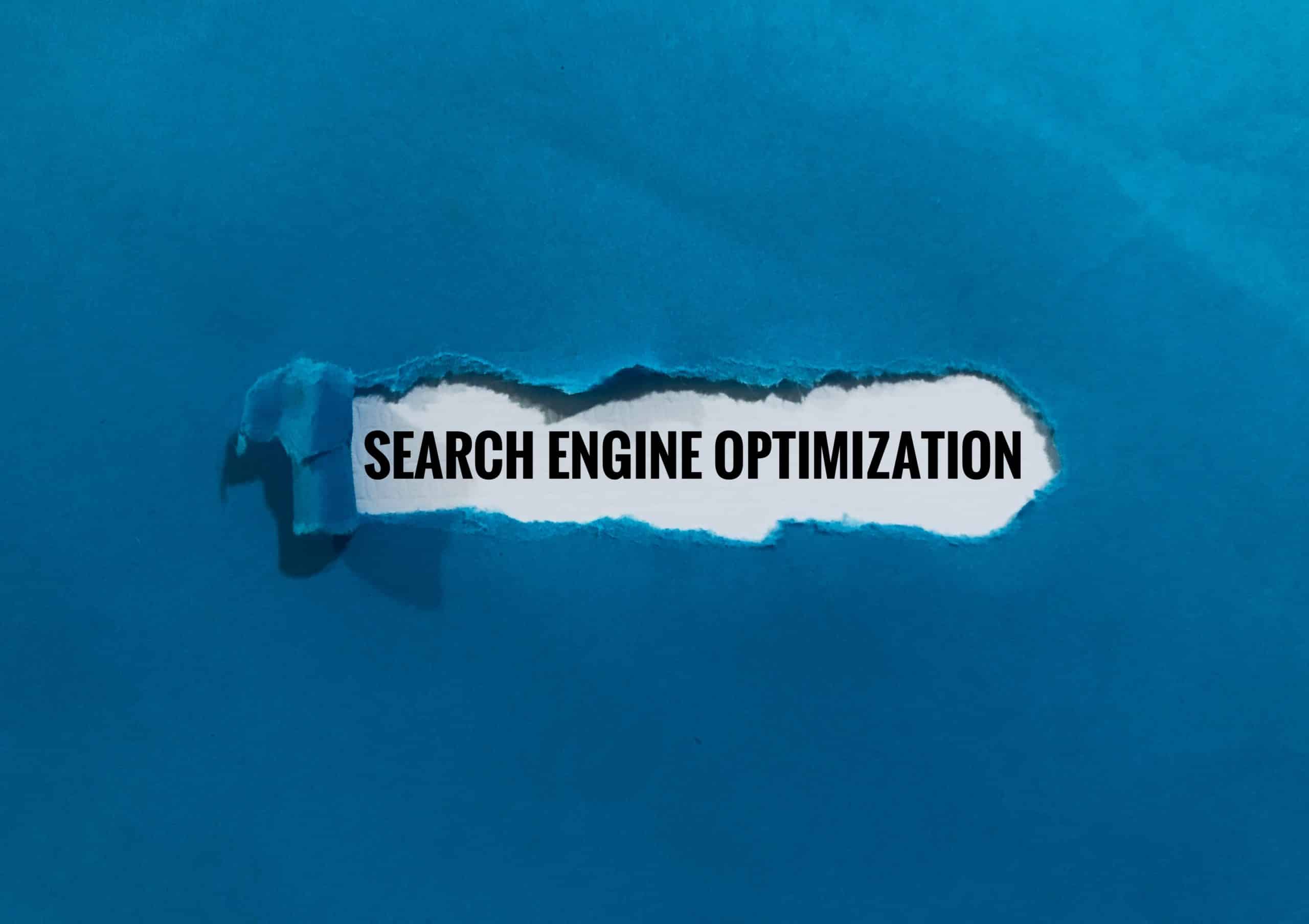In the dynamic world of supply chain management, AI has evolved from being just a buzzword to a key player in driving operational efficiency. AI-based solutions are now essential tools in addressing complex challenges in logistics, inventory, data management and operations. This article explores the various ways that AI is revolutionizing the supply chain industry and why businesses should embrace this digital transformation.
AI in Demand Forecasting and Inventory Management
Imagine a situation where you could predict customer demand with greater accuracy, allowing you to maintain the right amount of inventory at the right time. Sounds fantastic, doesn’t it? Well, that’s precisely what AI is doing in the world of supply chain management.
En parallèle : Can Wearable Fitness Tech Contribute to Preventative Healthcare Measures?
AI-powered predictive analytics uses historical data, market trends, and external factors like weather patterns to forecast demand. This real-time insight into demand trends helps businesses to optimize their inventory levels, reducing the costs associated with overstocking or stockouts.
Moreover, AI can also automate inventory management tasks. These systems can monitor stock levels and automatically reorder items when they run low, freeing up valuable time for employees to focus on other essential tasks.
Sujet a lire : How Can Deep Learning Improve the Accuracy of Weather Forecasting Models?
AI is no longer a distant future concept. It’s a here-and-now solution that’s helping to streamline supply chain operations.
AI-Driven Logistics and Operational Efficiency
Logistics can be a complex and time-consuming process, especially when dealing with global operations. Fortunately, AI is here to save the day. It’s reshaping logistics by enhancing real-time decision-making, improving delivery times, and reducing logistics costs.
AI can leverage data from various sources such as GPS, traffic reports, and weather forecasts to optimize delivery routes. This not only helps to reduce delivery times but also ensures that goods arrive at their destination in optimal condition.
In addition, AI can automate various logistics tasks, enhancing operational efficiency and reducing overhead costs. For instance, AI can automate the process of packing and sorting goods, reducing the need for manual labor and minimizing errors.
The Power of AI in Customer Service
In the world of supply chain management, keeping the customer satisfied is paramount. This is where AI comes in. By using AI-powered tools, businesses can significantly enhance their customer service operations.
AI chatbots, for instance, can handle a variety of customer service tasks. They can respond to customer queries 24/7, offer personalized product recommendations, and even handle complaints. This not only leads to improved customer satisfaction but also frees up human agents to handle more complex customer issues.
Moreover, AI can also help businesses to gain deeper insights into customer behavior. By analyzing customer data, AI can identify trends and patterns, helping businesses to tailor their offerings to meet customer needs.
AI in Supply Chain Risk Management
Risk management is a critical aspect of supply chain operations. From sudden changes in demand to unforeseen disruptions, businesses need to be prepared for a multitude of risks. Here again, AI proves to be a game-changer.
AI-based systems can monitor a wide range of data sources and alert businesses to potential risks in real-time. This allows businesses to respond to risks more proactively, minimizing the potential impact on their operations.
Furthermore, AI can help businesses to develop more robust risk management strategies. By analyzing historical data and simulating different scenarios, AI can provide businesses with insights into how different decisions will affect their operations.
AI is not just transforming the way we manage supply chains. It’s also reshaping the way we think about risk and uncertainty in the business world.
AI is the Future of Supply Chain Management
There’s no denying that AI is reshaping the supply chain industry, driving operational efficiency, reducing costs, and enhancing customer service. Moreover, with the ongoing advancements in AI technology, the best is yet to come.
AI is not just a tool; it’s a strategic partner that can help businesses to navigate the complexities of global supply chain operations. So, whether you’re a small business owner or a supply chain manager in a multinational corporation, embracing AI should be a top priority.
Remember, in the world of supply chain management, the future belongs to those who are bold enough to embrace digital transformation. And AI is a key part of that journey. So, don’t be left behind. Embrace AI, and let it transform your supply chain operations for the better.
Unleashing the Potential of AI in Supply Chain Analytics
In the age of big data, supply chain analytics play a pivotal role in driving business decisions. However, the sheer volume and complexity of this data can be overwhelming. Here, AI steps in as a game-changer, unlocking insights that were previously inaccessible.
AI, combined with machine learning, can sift through massive amounts of data to pinpoint hidden patterns, correlations and trends. This advanced data analytics capability allows businesses to gain a 360-degree view of their supply chain operations in real-time. Moreover, AI’s predictive analytics capability allows businesses to anticipate future scenarios and make informed decisions accordingly.
For instance, AI can analyze data from internal and external sources to predict potential disruptions in the supply chain. This could be anything from a sudden spike in demand to a delay in delivery due to adverse weather conditions. Armed with this information, businesses can take proactive measures to mitigate these risks, ensuring smooth and uninterrupted supply chain operations.
Furthermore, AI can facilitate route optimization in logistics supply, contributing to significant cost and time savings. By analyzing data on traffic patterns, weather conditions, and driver availability, AI can suggest the most efficient delivery routes, leading to reduced fuel consumption and improved customer satisfaction.
In essence, AI-driven supply chain analytics provide businesses with a strategic advantage, enabling them to stay ahead of the competition in an increasingly dynamic and unpredictable market environment.
Conclusion: Embracing AI for a Streamlined Supply Chain
In an era marked by rapid technological advancements and evolving consumer expectations, it’s clear that the traditional approach to supply chain management is no longer sufficient. Businesses need to innovate and adapt, or risk being left behind. In this context, AI emerges as a powerful ally, reshaping all aspects of supply chain operations.
Whether it’s demand forecasting, inventory management, logistics, customer service, or risk management, AI is disrupting and transforming every facet of the supply chain landscape. It provides real-time insights, automates routine tasks, optimizes decision making, and enhances customer satisfaction, all while reducing operational costs.
AI’s role in supply chain operations is not just about efficiency, it’s about resilience and adaptability. It empowers businesses to proactively tackle challenges, seize opportunities, and navigate the complexities of the global market with ease.
As we look towards the future, the importance of AI in supply chain management is undeniable. It’s no longer a question of if businesses should adopt AI, but how quickly they can do so. So, don’t wait. Embrace the power of AI and let it streamline your supply chain operations, ensuring your business’s growth and sustainability in the long run. Remember, in the world of supply chain management, the future belongs to those who leverage the power of artificial intelligence.






